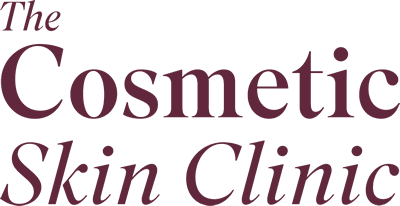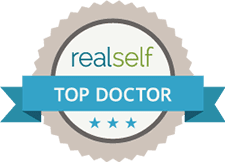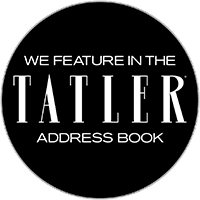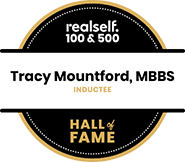In this weeks episode of the Wonderbirds they discuss all things menopause and HRT. Dr Tracy Mountford has been a regular on The Wonderbirds for a few weeks now and each week they have a fascinating guest fly into their nest. Most recently they have had Miss Anne Henderson, who you may remember from an Instagram live she appeared on, with Tracy during ‘lockdown’ about ‘Busting The Menopause Taboos’. This was so successful she has been invited back again for another round of discussion.
HRT Questions
Dr Tracy Mountford is keen to kick off the show with a commonly asked question: what is the biggest myth about HRT for the menopause?
Anne responds that the biggest myth is that HRT is dangerous. She explains that the risks far outweigh the benefits. She also says that there is also of course the elephant in the room which is the issue of people believing breast cancer and HRT are linked.
Sherrie says that she has quite strong feelings about HRT and explains that she doesn’t believe in taking drugs. When she went through a very early menopause at the age of 41, HRT wasn’t a choice. She eventually went on the patches of HRT and was told they are the strongest type of HRT. Later down the line she was told she must come off HRT as she was susceptible to thrombosis.
Interestingly, Anne says that the advice Sherrie was given was factually incorrect and that if you give oestrogen through the skin patch or gel it’s not particularly strong. It does not increase the risk of thrombosis and it is 100% safe as far as thrombosis and high blood pressure is concerned as it is very different to tablets.
Anne explains that there are studies to prove that women who remain on HRT long term all live longer than women not on HRT. More importantly it has been found that these women had higher quality of life in terms of physical health, mental health, great brain capacity, bones and joints and cardiovascular health.
Dee raises a good question about why there are so many differing menopause stories among women. Does having a good mindset help? Why is it so different for everyone? Anne explains that genetic factors are key and you tend to follow your mother’s pathway.
Debbie then asks whether or not taking vitamins and minerals in your 30s before the menopause can help to manage it when it does happen. Anne explains that you can manage the menopause without using hormones by using herbs and remedies and trying to increase estrogen in your diet and there is very good evidence that they can help. Some specialists can be quite dismissive about complimentary therapies but there is robust scientific evidence that certain therapies can help.
Bio-identical Hormones
Debbie asks whether or not these are the same as bio-identical hormones. Anne explains that these are absolutely not the same and bio-identical hormones are not regulated. The type of HRT that Anne would prescribe is constantly being reviewed, however, bio-identical hormones are not subject to the same scientific scrutiny. They are often prescribed by non-specialists, non-gynaecologists and non-menopause specialists. Anne highlights that it is always important to get advice from a properly recognised specialist in this area.
Thyroid and Menopause
They then go onto discuss the connection between an under active thyroid and the menopause, which Anne explains there is a big crossover between some thyroid symptoms and the menopause and it’s one of the first things you have to exclude around the menopause. You don’t want to assume that everything is down to the menopause and then miss an underlying thyroid problem. But she says that in most cases the two are not linked.














